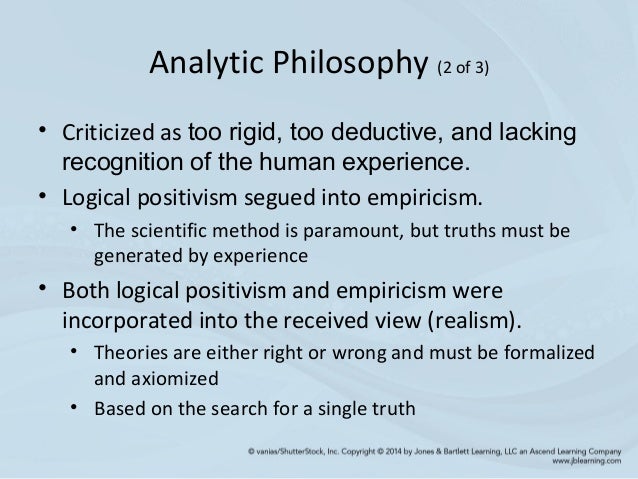

I am a great fan of Carl ("Peter") Hempel and Wesley ("Wes") Salmon. We can point to many excellent examples of it. This recipe is easy to state as an abstract conception.

Good philosophy of science is done this way:įormulate and state clearly an interesting and novel thesis and argue cogently for it. It includes "philosophy of physics," "philosophy of biology," "philosophy of cognitive science" and so on. On the other side we have the analysis of problems peculiar to individual sciences. On one side we have the treatment of issues common to all sciences, so-called "general philosophy of science." Its concerns include the structure of theories, the nature of experiment, induction and confirmation, explanation, scientific realism and scientific change. These two parts roughly align with another division in philosophy of science. Indeed one should expect that a knowledge of these sciences has something of use for the traditional problems. Its traditional problems-the nature of space, time and matter life mind experience and so on-can overlap with the concerns of the sciences. The second part of the definition reflects the fact that philosophy is not a closed field.
#Philosophy of science infographic professional#
What distinguishes professional philosophers is that, even when the problems are tough and the going very murky, they will not compromise on clarity and cogency and still find ways of proceeding. That one should proceed in this way is widely accepted. They amount to an insistence on the clear statement of ideas and claims and that they be supported by cogent arguments. These methods have no mysterious content or powers. In one, the methods of philosophical analysis are applied to an understanding of science itself. This definition identifies two parts to philosophy of science. Mission statement, Center for Philosophy of Science, University of Pittsburgh "The field of philosophy of science encompasses the philosophical scrutiny of science, both in general and in its particular branches and the scientific scrutiny of those issues in philosophy to which the content of scientific theories and their methods are relevant." HPS 1702 Junior/Senior Seminar for HPS Majors


 0 kommentar(er)
0 kommentar(er)
